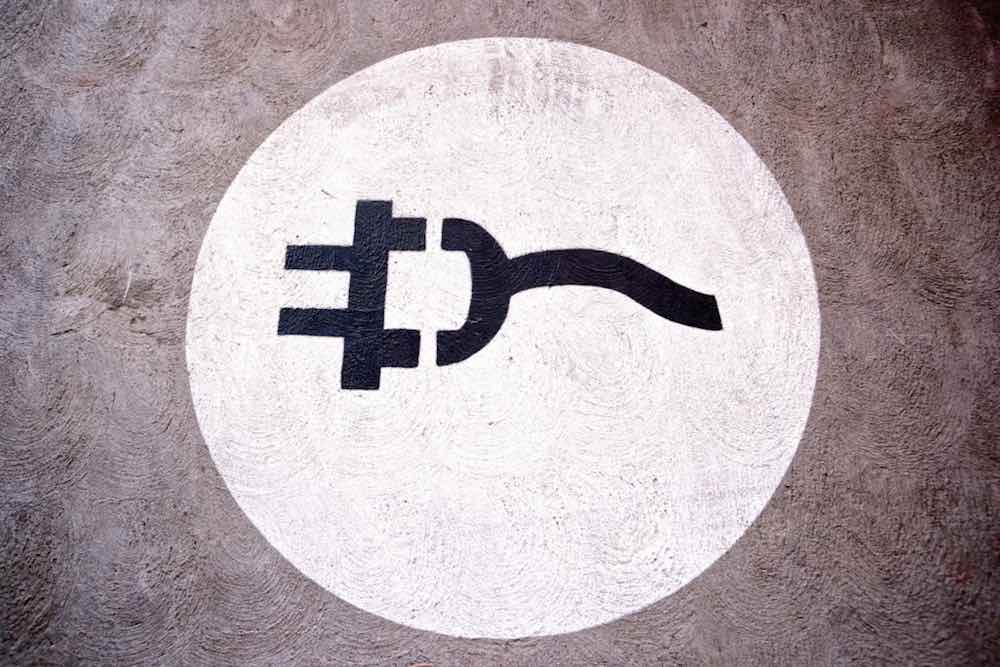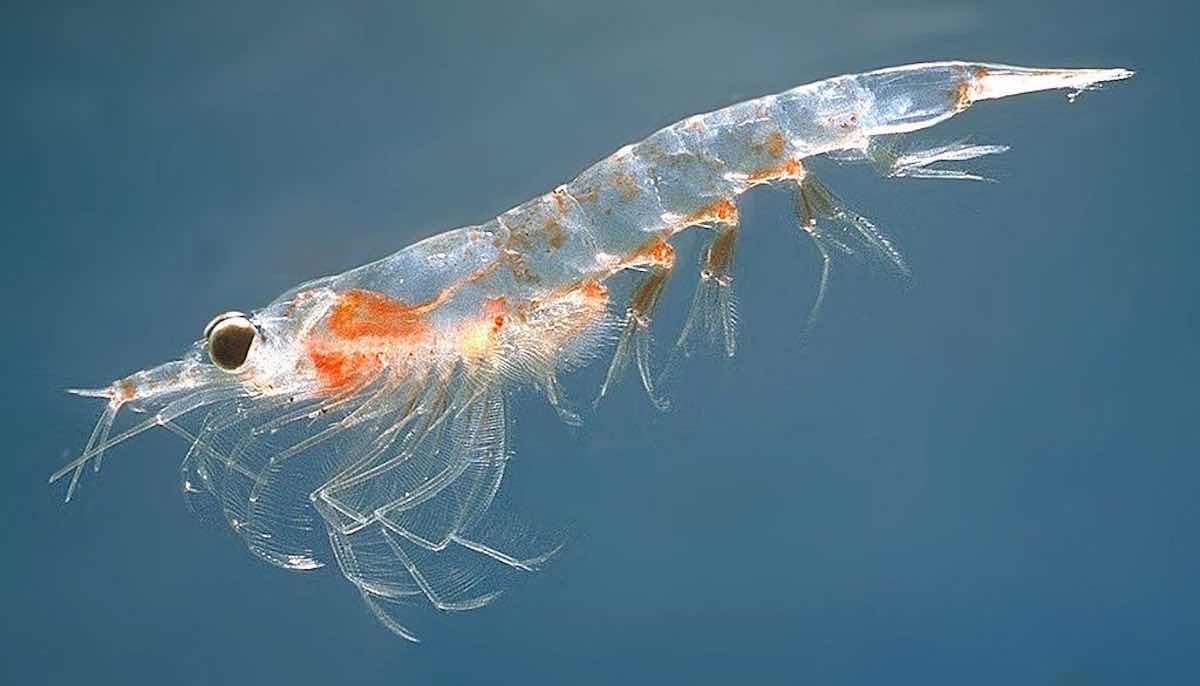In a mega-progressive step toward protecting the ocean (and climate), a massive majority of krill fishing companies have agreed to actually stop fishing aroun the Antarctic Peninsula.
Overfishing krill has been hurting marine ecosystems since the 1970s. The crustaceans are sought after for the Omega-3 oils they provide for health supplements. They’re also used as food at fish feederies. Since krill are an essential bottom step of the food chain for hundreds of Arctic species, declining numbers have threatened the wildlife that depends on them, such as whales, penguins, seals, and albatrosses.
Additionally, krill help in the fight against climate change by feeding on the algae that produces greenhouse gases near the ocean’s surface. The tiny critters are estimated to block roughly 35 million cars worth of carbon dioxide from entering the atmosphere every year.
So as a means of protecting Arctic waters, the Association of Responsible Krill harvesting (ARK), which represents roughly 85% of krill fishing companies, have agreed to stop fishing in the Antarctic Peninsula.
RELATED: World’s Second Largest Coral Reef Has Just Been Removed From Endangered List
Not only that, they have agreed to establish no-fishing zones around the continent in order to protect Arctic wildlife.
According to the BBC, Kristine Hartmann of Aker BioMarine, the largest krill-fishing company in Antarctic waters, said: “We are positive that our commitment will help ensure krill as a sustainable and stable source of healthy omega-3s for the future… through our commitment we are showing that it is possible for no-fish zones and sustainable fisheries to co-exist.”
“The momentum for protection of the Antarctic’s waters and wildlife is snowballing,” said Frida Bengtsson of Greenpeace. “A huge movement of people globally has been joined by scientists, governments, celebrities and now even the companies fishing in the Antarctic. This is a bold and progressive move.”
SHARE Some Good News, for a Change! – Photo by Øystein Paulsen, CC





















That is smart and far seeing of them. (Plus the price of krill oil will go up as it becomes more scarce.)
Now if they can do something about the factory trawlers between Oregon and Alaska killing the salmon as bycatch when they catch cheap pollack, we might be looking at a sustainable orca population.
The next step would be taking responsibility for all nets and equipment that is just dumped in the ocean, entangling and killing unintended targets. Then people everywhere can stop using the ocean as a landfill for their plastic bags, bottles and whatnot maybe our turtle populations will come back.